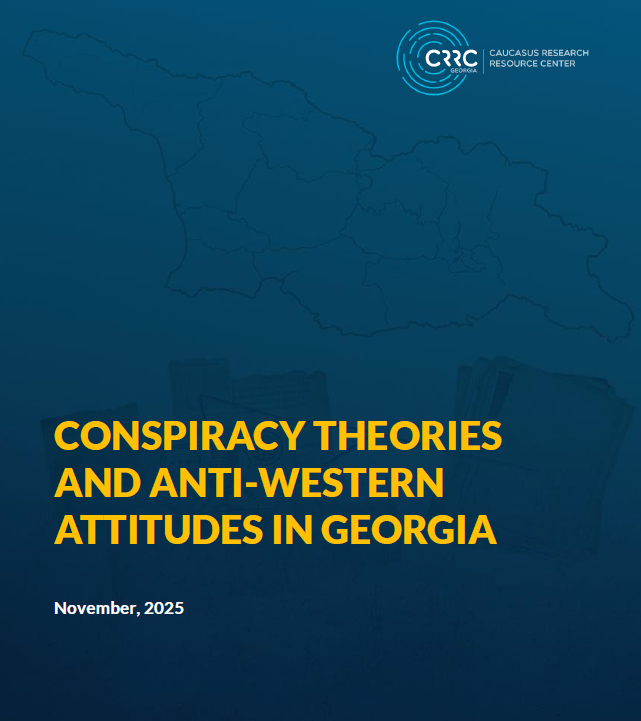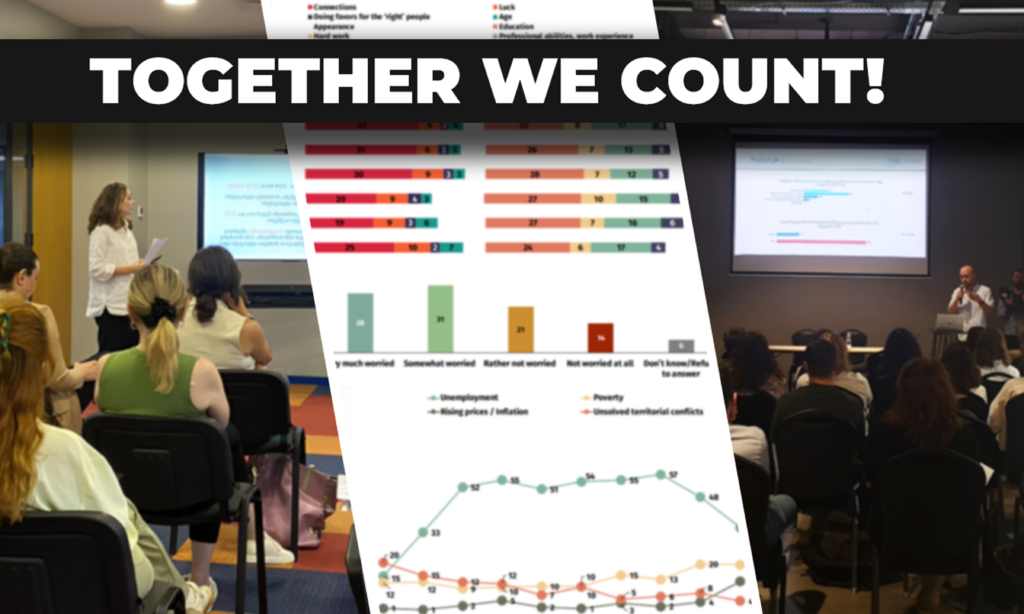It is not a secret that corruption negatively affects virtually all aspects of political, economic and social life. A recent study conducted by Bagrat Harutyunyan within the framework of CRRC 2005 Fellowship program focused on the problem of corruption in the Armenian education system. The fellow used qualitative methods (expert interviews and focus groups) to gather data on perceptions of corruption and manifestations of corrupt behavior in schools and universities, as well as on the graduate level. The study aimed to identify the main reasons behind corrupt behavior in educational institutions, the structure of corrupt relations and to create a typology of students and lecturers. According to the study, degrees of corruption vary largely depending on universities and faculties within each academic institution.
Armenian male students more often than females prefer to resort to corruption. It is worrisome that only about 20% of focus group and interview participants recognized their behavior as corruption as such. Thus, often academic fraud, use of personal connections, misuse of public property or patronage were not considered a corrupt behavior by respondents. Interestingly, friends and relatives of students and faculty, who are not part of education system, are the main mediators of corruption in academic life.The final report and two scholarly articles in Armenian are available on CRRC-Armenia website here. You can also email CRRC-Armenia for more information.
Bagrat Harutyunyan went a step forward and used the data collected within CRRC Fellowship program to further his PhD thesis defense on the topic of corruption in modern Armenian society will take place on June 13 at 14:00 in the Yerevan State University building.










